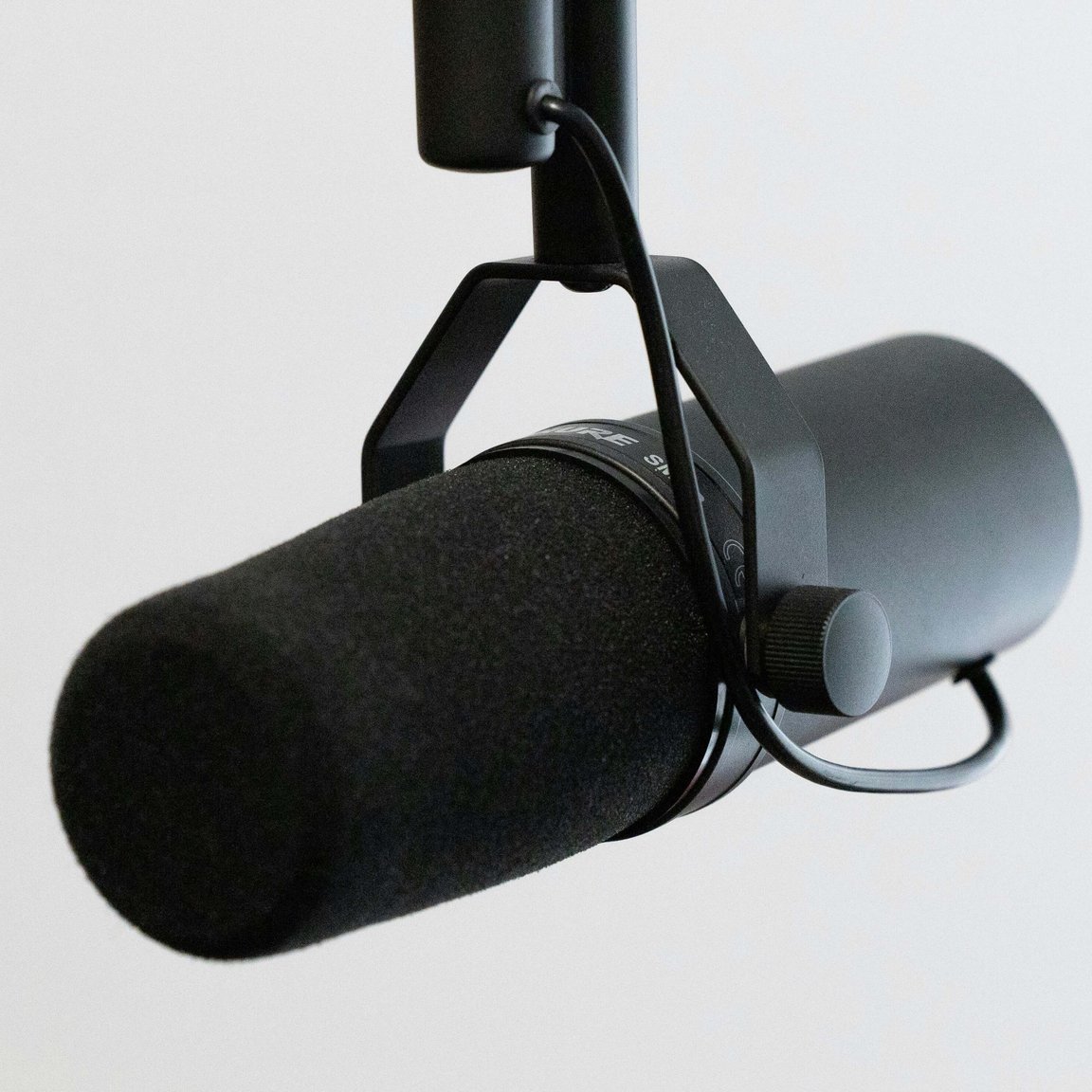Some of this post covers aspects of mental health. If you’re struggling with something serious, close this tab andcontact the Samaritans. Your podcast can wait.
Is there a good reason you’re distracted?
Try not to minimise what you’re feeling, as it might have a solid basis in reality. If so, don’t amplify the thing that’s bothering you by heaping on judgement. Just say to yourself “no wonder I can’t focus right now”.
✂️ Here are some scissors. Go cut yourself some slack.
Today might not be the day

If your next episode deadline is fast approaching, consider taking the week off and delivering a little later than planned.
For some of us, publishing 52 times a year is more important than publishing every Wednesday. A good example is ATP. They post roughly the same time each week, but during the summer the hosts are juggling family stuff. That might mean they publish two episodes over seven days, but somehow they always manage to put out one for every week of the year.
New podcasters are often told that consistency is important, and that’s true. But part of that is to help with discipline and momentum. Showing up on time means showing up at all, which in those early days can be hard.
Who decided that today was the day you had to deliver your podcast? Who loses out, or what ball gets dropped if you don’t publish this week?
Show up in a different way
Putting out a normal episode of your podcast isn’t the only way you can show up to your listeners. You can write a blog post or a tweet, or post something to Instagram. If you don’t feel like you know where your listeners hang out, write something brief or record a video. Then, if you can, take a few minutes and record a mini episode. Point your show notes at that piece of content you’ve made, and rest easy.
Hold that thought
While you work on your show, be mindful of those moments of distraction. Make a mental note, then gently shift your focus back to the task at hand. If you find your brain keeps drifting off to the same place, write down exactly what you’re thinking. You can do it on a scrap of paper, a napkin, your computer or your phone. Chances are, that’ll close the open loop in your brain for a while, and let you get back to your show prep.
Deal with the problem at hand
If there’s a problem hanging over your head and you can deal with it, do that before planning your episode. Creative work can be a useful way of putting off less fun, but more mission-critical jobs. Also, there are more important things than your podcast. Tending to them doesn’t show a lack of commitment.
Whatever’s on your mind, if it’s a problem within your power to solve, go and solve it. It might feel like a pain – that’s why you’ve been avoiding it after all – but you’ll feel much better afterwards. And that good feeling will transfer to your work.
Again, if your problem is serious, contact a friend or professional, orcall the Samaritans.
If you can’t deal with it, check in later
If you’re distracted by something you can’t change, book a time to check in with it later. If it’s one of those niggling little issues, set aside some time later in the day to focus on it. That might help clear some space for you to get on with something more creative.
Use it

If there’s something bothering you, can you find a way to channel it into your work? Can you write or record something you need to hear right now? The message might not fit your normal format, but can you take a detour? Sometimes a break from the format can be re-energising. That’s especially true if means your listeners can connect on a more intimate level with you.
This post exists for that reason alone. I had a few things on my mind the day I wrote this, so I started with what I needed to read, and worked out from there.
I always used to beat writers’ block by writing about how blocked I was. See if you can judo-flip the problem and use its strength to power you through.
Ask for support
You don’t have to be dealing with something big for it to be worth having a chat with a friend. They might be able to help break a small rock into tinier pebbles, or set your brain off in a different direction.
Airing the problem might be the very thing that pops the balloon and gets it out of your way. Who in your friend group, mastermind, or wider community will let you go off on a rant for a minute?
Being part of a community can help. I started Podcode+ to provide a space where the tech and process could meet the human and squishy.





